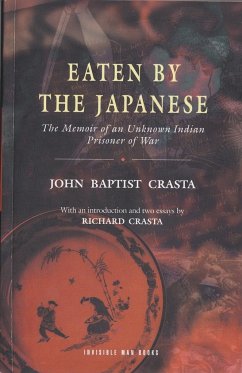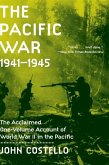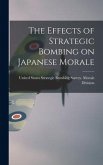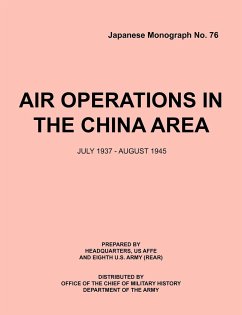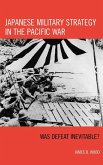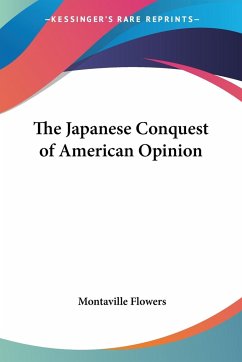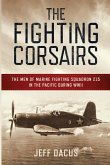As far as we know, this is the only surviving full-length memoir by an Indian Prisoner of War of the Japanese of an important but mostly hidden story of World War II: how Indian soldiers in the British Indian Army became Prisoners of War and were shipped by their Japanese captors in "torture ships" to New Britain and New Guinea, and how a fraction of them, including the author, survived 3 1/2 years of horrific imprisonment, beatings, starvation, bombings--and in a few cases, being made a meal of--and more to return home to India. It also offers some clues as to why tens of thousands of Indian Army personnel preferred to be prisoners of war of the Japanese, risking death and torture, rather than join the Japanese-inspired and managed Indian National Army, which promised better treatment by the Japanese. John Baptist Crasta's story, written shortly after the war, was published 51 years later, when he was 87 years old (2 years before his death), by his son, who had only recently discovered the manuscript. Indeed, it was by reading his father's memoir that the son not only discovered his father; but decided to do all he could to make the world know about it. This book contains not just the father's memoir, but the son's essays about rediscovering his father and his feelings about the memoir. The book has moved senior Indian army officers to tears, and is now slowly becoming a source for histories of the period. "A classic in military history, telling the story of men trapped in a world of torture, starvation, and death"-Roger Mansell, War historian, in Tameme Magazine "You see the horror of war, without a trace of artifice, through the eyes of one who was there, the writing a simple act of catharsis. A war memoir that ranks with the best."-Professor Mark Ledbetter, Nisei University "Striking and raw, an antidote to myth. Something to be treasured. This is the kind of record that this generation is losing fast, and we need to hold on to this. It made me think of what had happened to my own father's memoirs, which were lost."--Professor Barry Fruchter. "More than any book in recent memory, Eaten by the Japanese drives home the lasting effects of enforced captivity - not only on the bodies but also on the minds of the prisoners... it is a book about kindness, solidarity, and collective survival, about the bonds that matter: those between one single human being and another. It is truly a testimony to truth." -Barry Fruchter, Ph.D., Professor, Nassau Community College, New York
Hinweis: Dieser Artikel kann nur an eine deutsche Lieferadresse ausgeliefert werden.
Hinweis: Dieser Artikel kann nur an eine deutsche Lieferadresse ausgeliefert werden.

